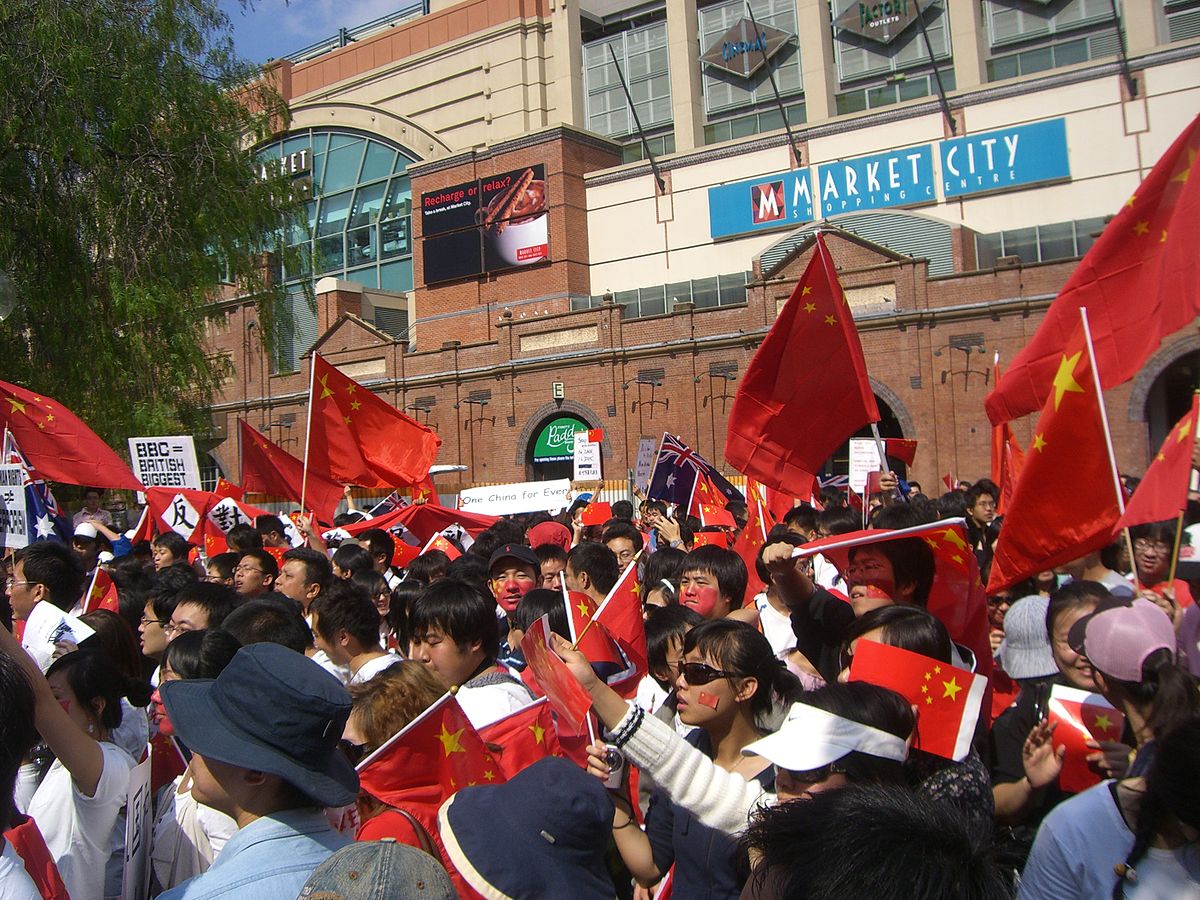
January 19, 2016, by Tony Hong
Education and Ideology: Paving the Way for Cosmopolitan Nationalism
By Dr Tracey Fallon,
Assistant Professor,
School of Contemporary Chinese Studies at UNNC.
According to news reports in December 2015, the governments of Beijing and Shanghai moved to restrict international programmes at high school level.[1] These preparatory foundation programmes provide a pathway to university study abroad without necessity for the intensive gaokao entrance exam. The programmes are required to include some key elements of the Chinese curriculum within its programmes but the international teaching staff and international curriculum are offering an alternative to Chinese state education. While some commentators explain this move as an attempt to halt the numbers of those who leave China for university study abroad, the more likely explanationlies in the suggestion that the government is making it more difficult for alternatives to the national curriculum. This would mean that more students undergo state education prior to any study abroad. State education is a main channel for engendering national belonging and provides exposure to state narratives of the nation through curriculum content.
Scholars have noted that globally sophisticated Chinese students studying overseas retain strong national attachment to the nation-state despite their physical removal from the PRC’s institutions and territory. In the 2008 travels of the Olympic torch Chinese students across the world turned out in protest against perceived media bias and in order to “protect” the torch from Tibetan and human rights protestors. These “cosmopolitan nationalists” demonstrate a type of popular nationalism in which the state is not directly organising their involvement but in which the worldly students inhabit the subject-positions of the state despite their physical position outside it.[2]
The experience in 2008 of the Chinese students jumping to the defence of national pride shows that the state has little to fear with large numbers of students going abroad for study and much to be gained in terms of skilled workforce and China’s youthful global presence. The issue for the state is not one of restricting opportunities for study abroad but to produce and maintain attachment to the nation-state earlier on. Curtailing the international programmes within China as an alternative to state education can be understood as one way that the Party-state continues to maintain the moral and national “spirit” in all citizens including its cosmopolitan elites. Engendering nationalism through education remains a vital way of accommodating China’s global connections and managing tacit support of the status quo amongst its globe-trotting students.
[1] Chen T.P., 2015. “China Curbs Elite Education Programmes” Wall Street Journal. 20th December. Available from: <http://www.wsj.com/articles/china-curbs-elite-education-programs-1450665387> [17 January 2016]
[2] Nyiri, P., Zhang, J. and Varrall, M., 2010.China’s Cosmopolitan Nationalists:” Heroes” and” Traitors” of the 2008 Olympics. The China Journal, pp.25-55.
No comments yet, fill out a comment to be the first

Leave a Reply